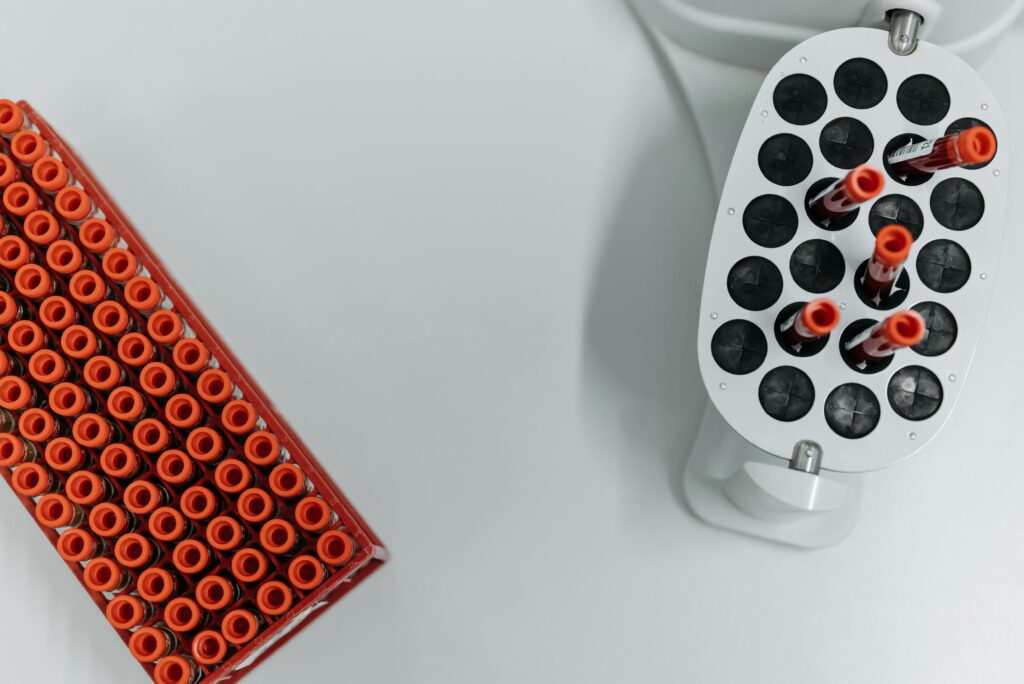
Phlebotomy is an essential healthcare role, offering direct patient care and valuable career growth opportunities. As demand for phlebotomists rises, many are considering it as a stable and fulfilling career. If you’re exploring phlebotomist jobs or are curious about what a career in phlebotomy entails, this FAQ guide will answer your most pressing questions.
1. What Does a Phlebotomist Do?
Phlebotomists are healthcare professionals trained to draw blood from patients for lab tests, blood donations, transfusions, or research purposes. Their work includes not only drawing blood but also preparing, labeling, and managing blood samples according to health protocols. You’ll find phlebotomists working in various settings, from hospitals and clinics to diagnostic labs and blood donation centers.
2. Essential Skills for Success in Phlebotomy
Phlebotomists need a blend of technical skills and soft skills to succeed. Key technical skills include hand-eye coordination and attention to detail, both crucial for drawing blood accurately and safely. Soft skills, such as empathy, communication, and a calming demeanor, are also vital, especially when working with anxious patients. These skills make the process easier for patients and help reduce the risk of errors in sample collection.
3. What Qualifications Do You Need to Start a Phlebotomy Career?
For most phlebotomist jobs, a high school diploma and a phlebotomy certification from an accredited program are required. While some states do not mandate certification, it is often preferred by employers and helps you stand out in the hiring process. Although some facilities offer on-the-job training, completing a formal program provides an advantage, giving you essential knowledge of anatomy, blood collection techniques, and health protocols.
4. How Long Does It Take to Become Certified?
Phlebotomy certification programs typically last from a few weeks to several months. Most programs include both classroom instruction and hands-on clinical practice, equipping students with real-world experience. If you choose a full-time program, certification can often be achieved in under three months. This makes phlebotomy an efficient way to enter the healthcare field without years of schooling.
5. What Does a Day in the Life of a Phlebotomist Look Like?
A typical day for a phlebotomist starts with preparing and organizing equipment, ensuring that samples are ready for collection and properly labeled. Throughout the day, they work with patients to draw blood while following strict sanitation and safety protocols. Phlebotomists interact with patients of all ages, which requires adaptability and patience. They must also complete documentation tasks to ensure that each sample is correctly labeled and tracked.
Depending on the work environment, you might work with children, adults, or elderly patients, so flexibility and a caring attitude are essential in this career.
6. Career Growth Opportunities for Phlebotomists
While phlebotomy is a specialized role, it can also be a springboard to other healthcare careers. With experience and additional certifications, phlebotomists can move into positions such as lab technician, healthcare supervisor, or phlebotomy instructor. Some phlebotomists pursue further education to become medical assistants or nurses, making phlebotomy an excellent entry point for anyone interested in a long-term healthcare career.
7. Phlebotomist Job Tips for Success
As with any healthcare career, success in phlebotomy requires dedication, organization, and a commitment to patient care. Here are some helpful phlebotomy career tips:
- Stay Organized: Phlebotomists handle numerous samples daily. Staying organized helps reduce errors and improve efficiency.
- Focus on Patient Care: Patients may feel anxious or scared about blood draws. A calm and friendly approach can make a significant difference in their experience.
- Keep Learning: Healthcare is constantly evolving. Attending workshops and getting additional certifications can improve your skills and job prospects.
- Practice Clear Communication: Explaining procedures in a comforting way reassures patients and enhances their trust in you.
8. Job Outlook and Demand for Phlebotomists
The demand for phlebotomists is projected to grow steadily in the coming years. This rise in demand is due to an increased need for blood testing in diagnostics, research, and treatment. According to the Bureau of Labor Statistics, phlebotomists enjoy above-average job growth rates, making phlebotomy a promising career choice for those entering healthcare.
9. Benefits of Working as a Phlebotomist
Phlebotomy offers several benefits for those seeking a rewarding job in healthcare without requiring extensive schooling. Many phlebotomist jobs provide options for flexible hours, including part-time or per diem roles. This flexibility supports a healthy work-life balance, which is rare in healthcare. Phlebotomy also provides exposure to different healthcare environments, which can be beneficial if you plan to explore other medical roles.
Ready to Start Your Career in Phlebotomy?
Phlebotomy is a fulfilling career that plays a crucial role in patient care and diagnostics. If you’re interested in phlebotomist jobs, EmpowerCare can help you find positions that align with your goals. We offer flexible placement options and support at every stage of your healthcare journey. Contact us to learn more about available roles and get started on your path in phlebotomy
